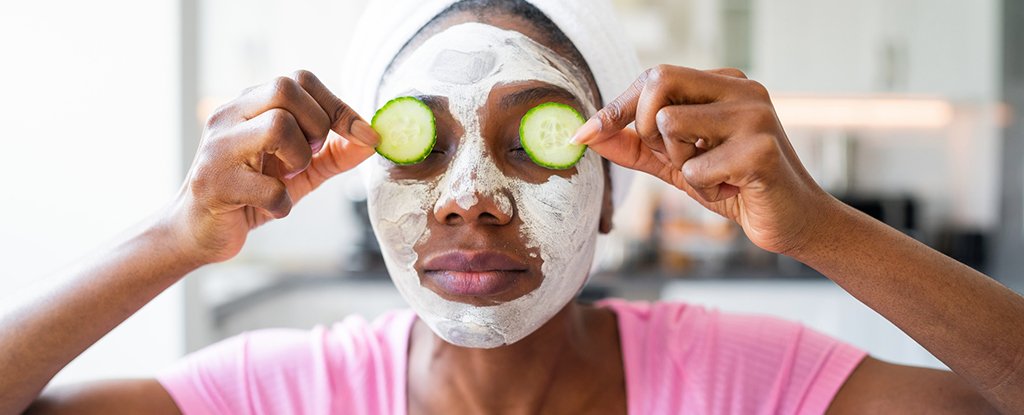
[ad_1]
Many people suffer from acne during puberty and adulthood. It is often said that certain foods, such as chocolate, can make acne worse. Is there any truth to this – can diet really affect acne?
We asked five experts in dermatology, acne and microbiology if diet could make acne worse; Here is what they said.
What is acne?
Acne is a skin condition in which the hair follicles under the skin become clogged and can cause oily skin and spots. It most often affects young people and can appear on the face, back and chest.
How do you know if diet is making acne worse?
There are several ways to study the relationship between diet and acne. Dr Gregory Delost, expert in dermatology, describes a “systematic review between January 2009 and April 2020, [in which] the authors evaluated 42 observational studies and 11 interventional clinical trials and found multiple dietary factors associated with acne.
“Observational studies” are studies that simply compare two groups of people, in this case, people with different diets. “Interventional clinical studies” are studies in which groups of people are asked to change their diet and the effect on their acne is measured.
While overall, the review concluded that there is an association between acne and diet, intervention studies found a weaker link than observational studies.
Each study comes with its own caveats. For example, some of the observational studies depended on people keeping a food diary.
Dr Delost says: “Nutritional research relies heavily on food recall, which is fraught with limitations, biases and confounding variables, as people tend to underestimate the ‘bad’ foods and overestimate the ‘good’ ones. foods, while not paying enough attention to ingredients and portions. Some critics of diet-based studies even go so far as to claim that they do not follow the scientific method and should be considered pseudoscience.
What foods are linked to acne?
Professor Gabriella Fabbrocini, acne expert from the University of Naples in Italy, said: “A diet with a high glycemic load and frequent consumption of dairy products, especially total and skimmed milk, are the main factors for make the connection between diet and acne. ”
A high glycemic load (GL) means foods containing carbohydrates that are quickly broken down in the body. These include sugary foods and drinks, white bread, and rice.
Dr Delost adds: “Acne-promoting factors include foods high in GL, dairy products, fatty foods and chocolate, while acne-protective factors include fatty acids as well as consumption of fruits and vegetables ”.
How Can Diet Lead To Acne?
Western Ohio University dermatologist Dr. Jerry Tan says that “foods with a high glycemic index can increase insulin and insulin-like growth factor 1 levels. These two hormones can increase the excretion of sebum and change the sebum components into more pro-inflammatory ones ”.
Sebum is an oily substance made by the sebaceous glands in the skin.
What other factors affect acne?
Dr. Kelly Haas, an expert in skin microbiology at the University of Massachusetts, says that “the pathophysiology of acne is multifactorial (and still largely unknown), so dietary changes may not work in all cases.”
Acne is associated with hormone levels that can vary during puberty, menstrual cycles, and pregnancy. It is also genetics and reactions to drugs or cosmetics.
Carry: While more research is needed, diet may be associated with acne.
Based on 5 expert answers to this question: Can diet make acne worse?
This expert response was published in partnership with the independent fact-checking platform Metafact.io. Subscribe to their weekly newsletter here.
[ad_2]
Source link